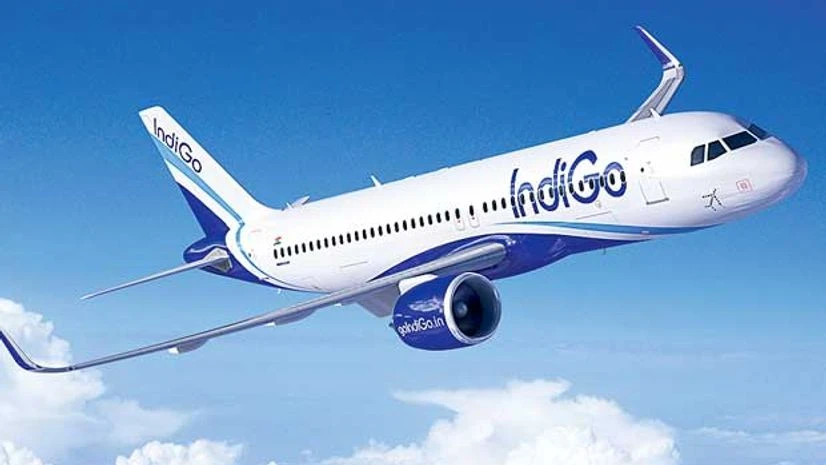The government’s passenger-centric initiatives such as limiting cancellation charges and reducing passenger baggage fees have hit airlines’ revenue earned from ancillary sources.
IndiGo, which announced its September quarter results last week, saw its ancillary revenue record a sequential decline of 3.8% compared with the double-digit growth in previous quarters. For the September quarter, revenue from ancillary sources stood at Rs 558.41 crore compared to Rs 580.57 crore in the April-June period. The same had grown by 9.2% and 3.1%, sequentially, in the previous two quarters.
“The ancillary revenue figures were impacted due to the Director General of Civil Aviation (DGCA)’s new rules limiting charges on excess baggage and booking of tickets closer to the date of departure due to low-ticket prices,” the management said during a conference call with analysts. The decline is likely to be similar for other airlines as well.
Ancillary revenues are important for the airline sector, especially for low-cost carriers.
“In an industry with paper-thin margin and tough competitive environment, particularly among legacy and full-service carriers, ancillary revenue can provide a helpful boost to profitability. The regulator’s eagerness to limit that will severely impact the airline industry when oil price starts inching upwards,” said an executive of a low-cost carrier.
In June, DGCA had said that under no circumstances can the cancellation charges be more than the basic fare and that carriers cannot levy additional charge to process the refund. In case of checked-in baggage, the airlines would be charging Rs 100 a kg for baggage weight in excess of 15 kg till 20 kg – significantly lower than the Rs 300 a kg used to be levied on every kg of baggage beyond the 15-kg limit. To bring in the new measures, the regulator made changes to three civil aviation requirements and to an air transport circular, which have been legally challenged by major airlines.
Steve Forte, former CEO of Jet Airways, said regulators should allow a free market to develop competition based on supply and demand. “Individual airlines should be allowed to implement their own strategies and to find out if they work or not. Regulators should confine their authority to oversee the righteousness of the market, ensuring the system is safe and honest. Customers will determine the success or failure of each airline’s offerings,” said Forte.
More From This Section
However, an executive of a full-service carrier offering premium services pointed out that the key to developing such revenue in maturing markets such as India is to provide more lucrative offerings to passengers. “Ancillary services have been seen by consumers mostly as a punishment payment. This has to be changed and airlines should entice passengers to pay for services rather than levying them.”
Carriers from India trail their peers in ancillary revenue collection. According to a survey by US-based consultancy firm IdeaWorks Company, foreign carriers such as Spirit, Allegiant Air and Wizz Air earned 43.4%, 37.6%, and 36.4% of their revenue from ancillary sources. In comparison, market leader IndiGo earned only 12.4 of its revenue in 2015-16 from ancillary sources.

)
